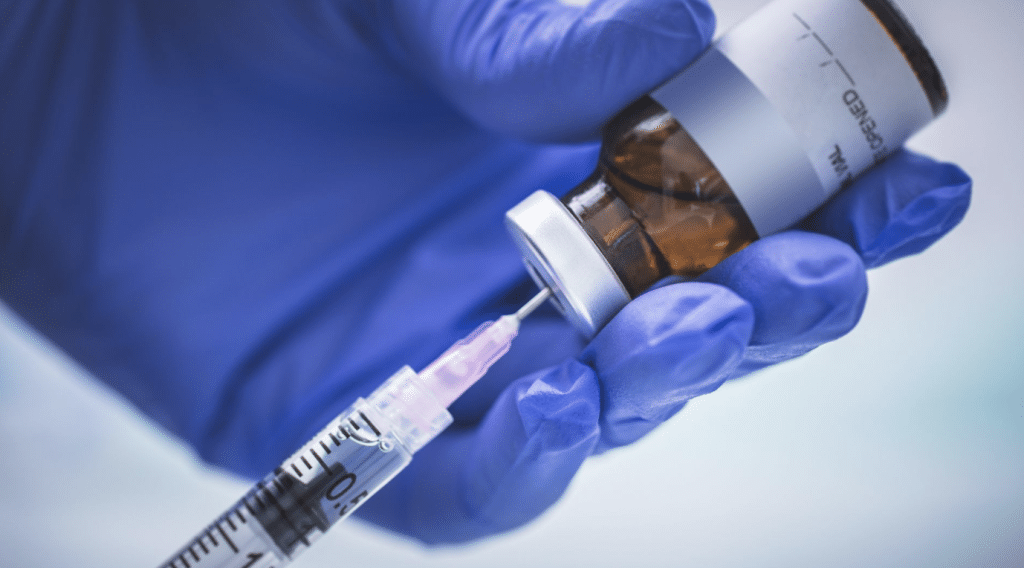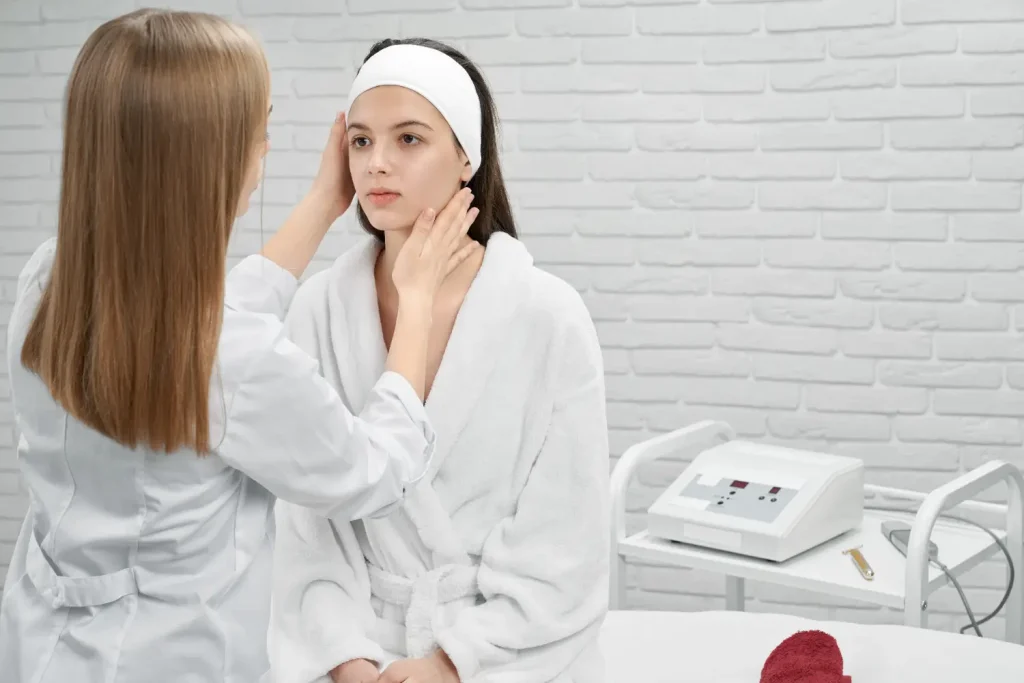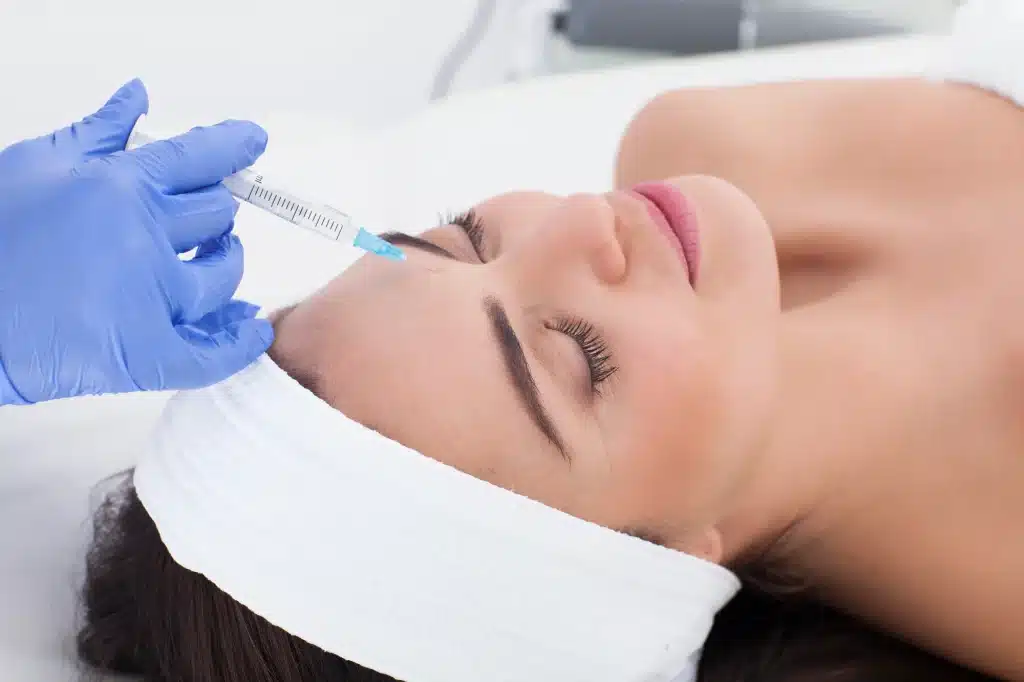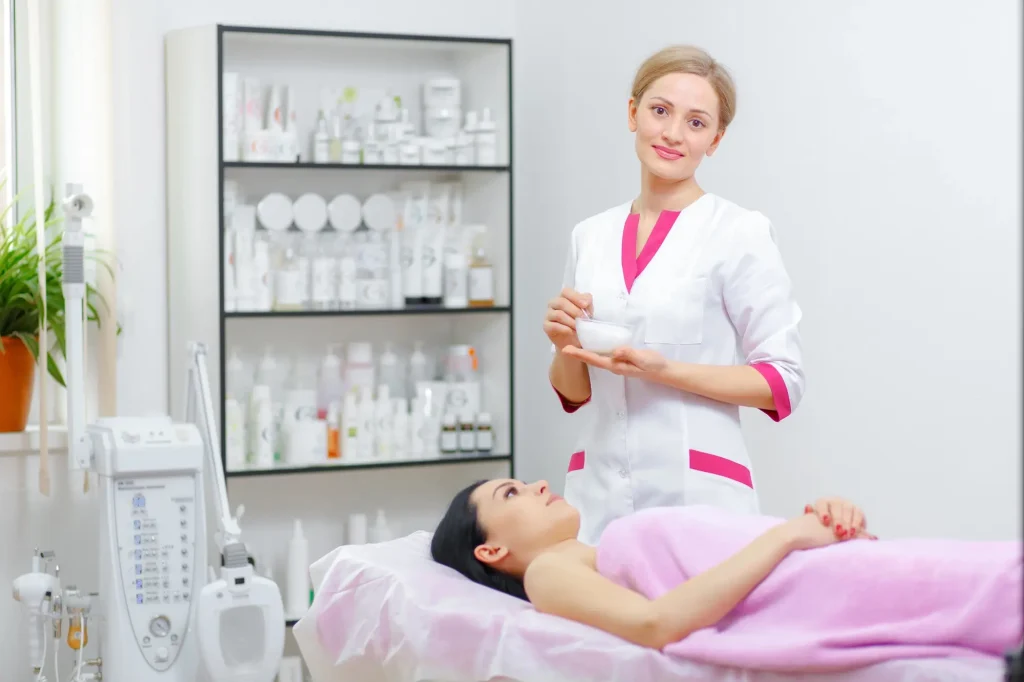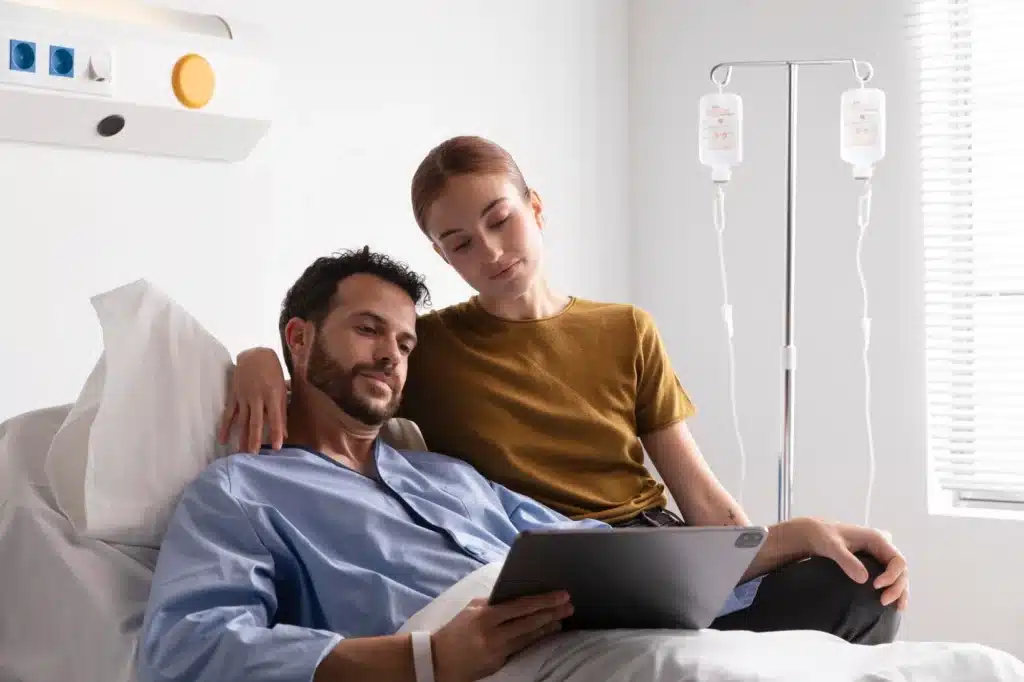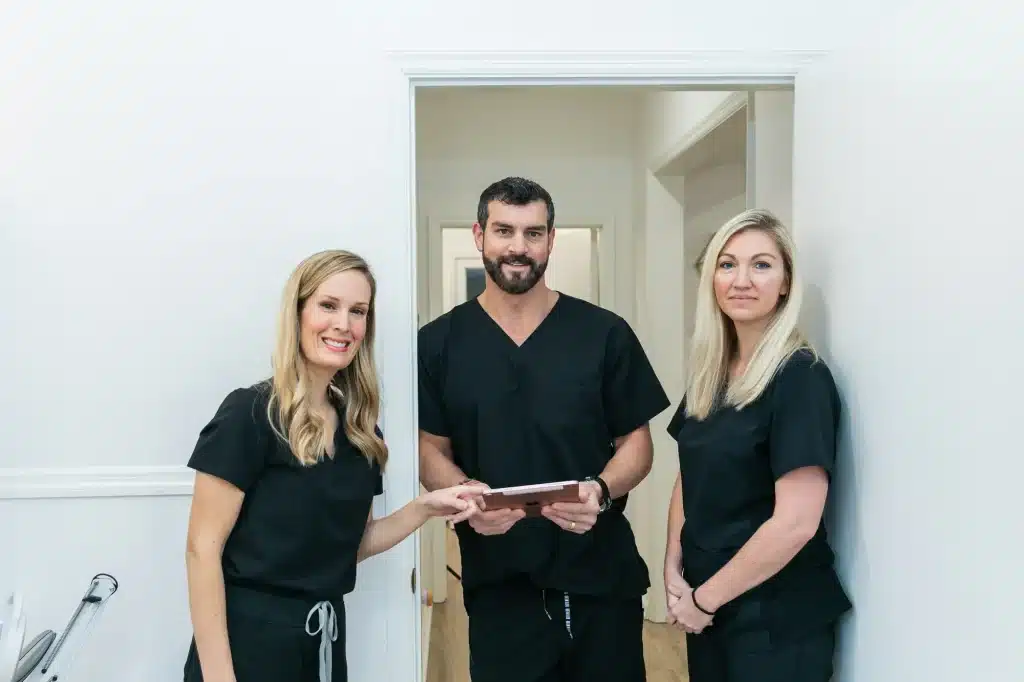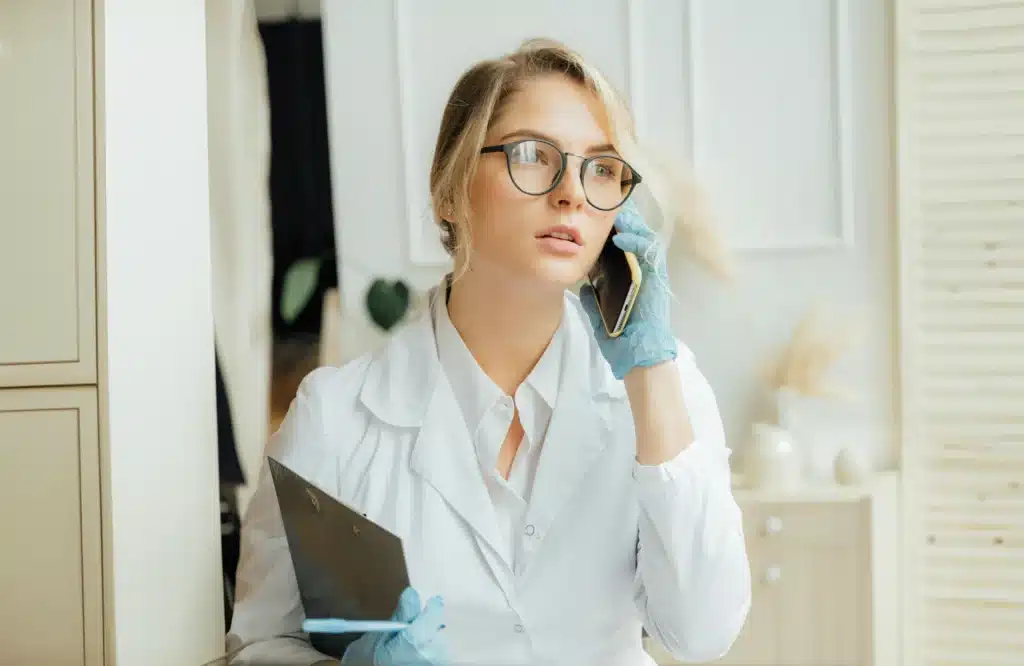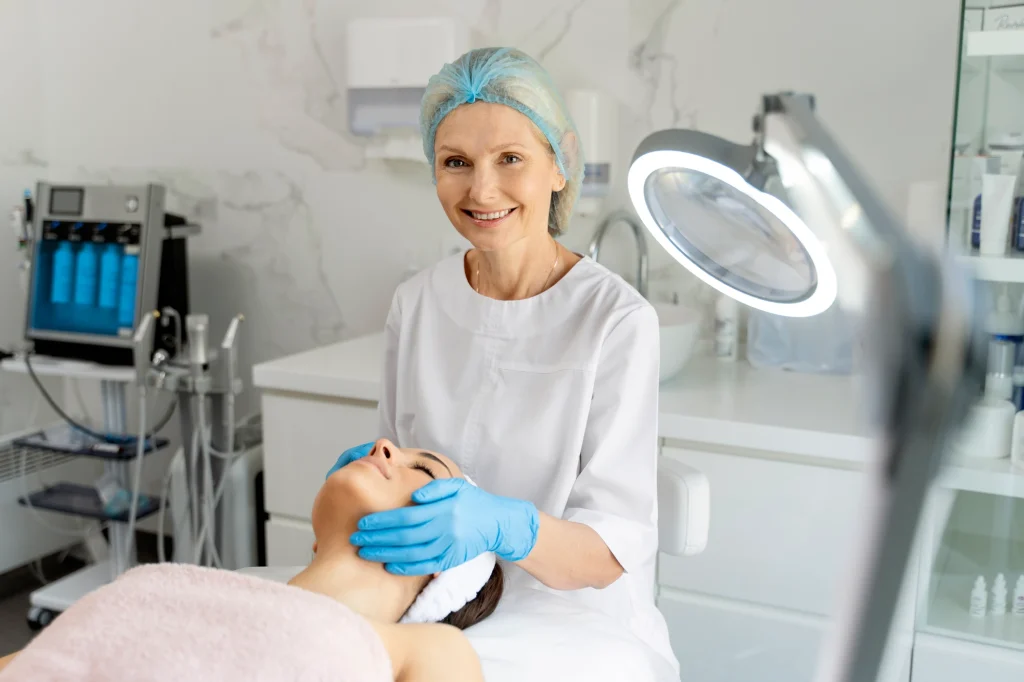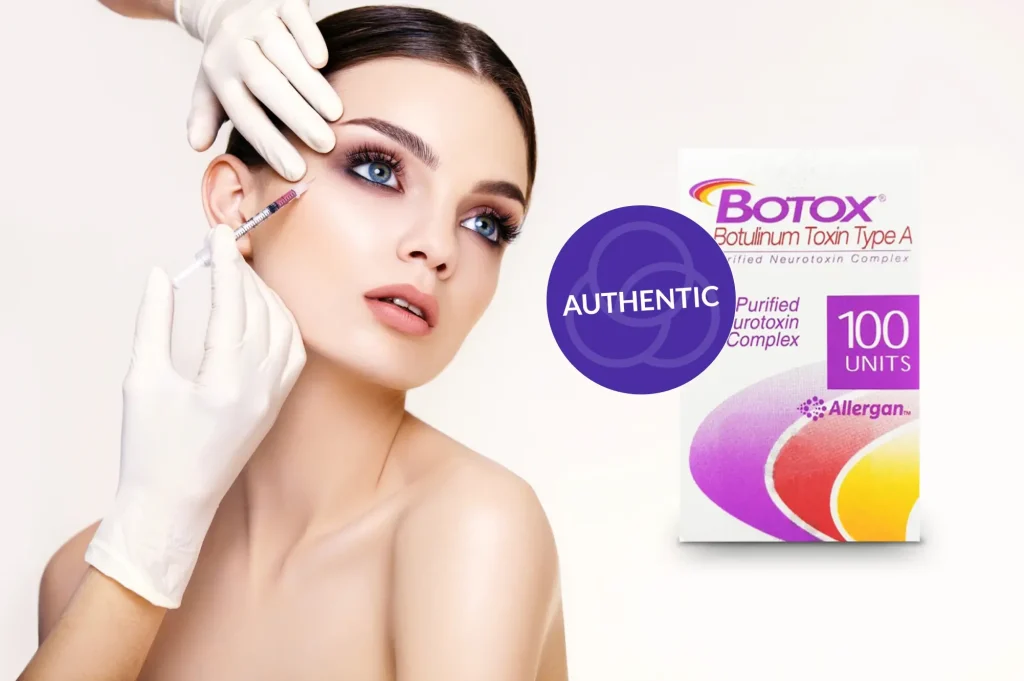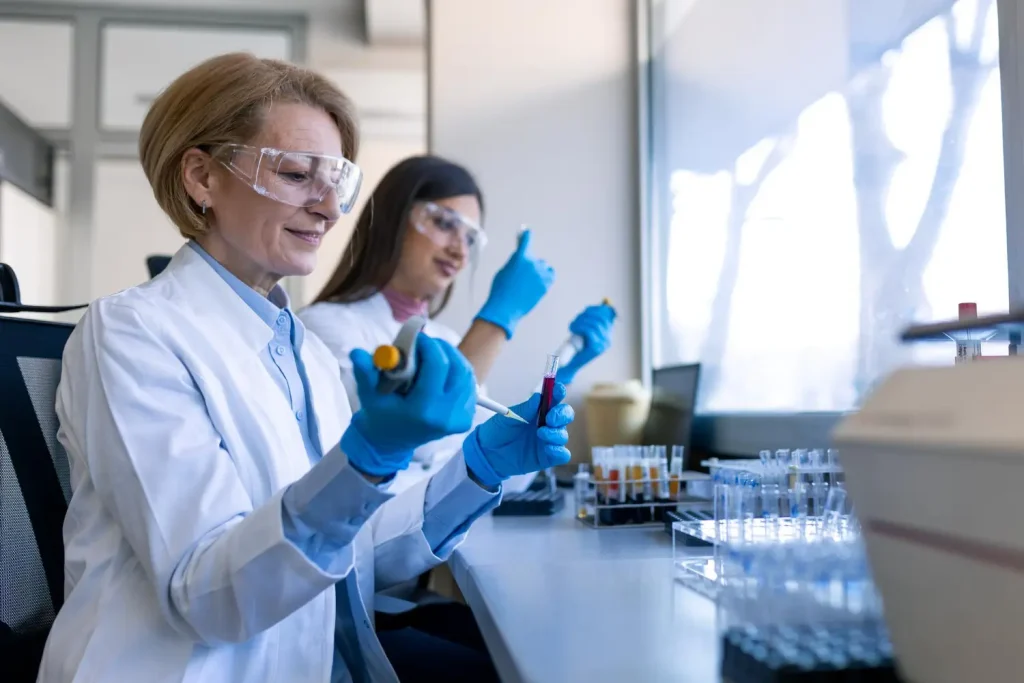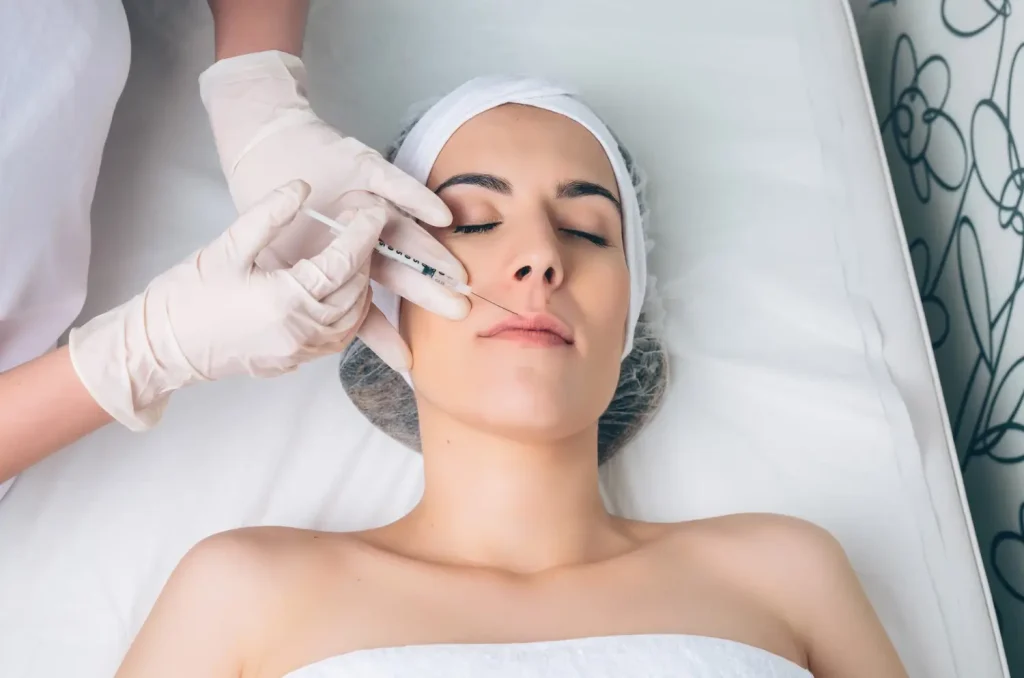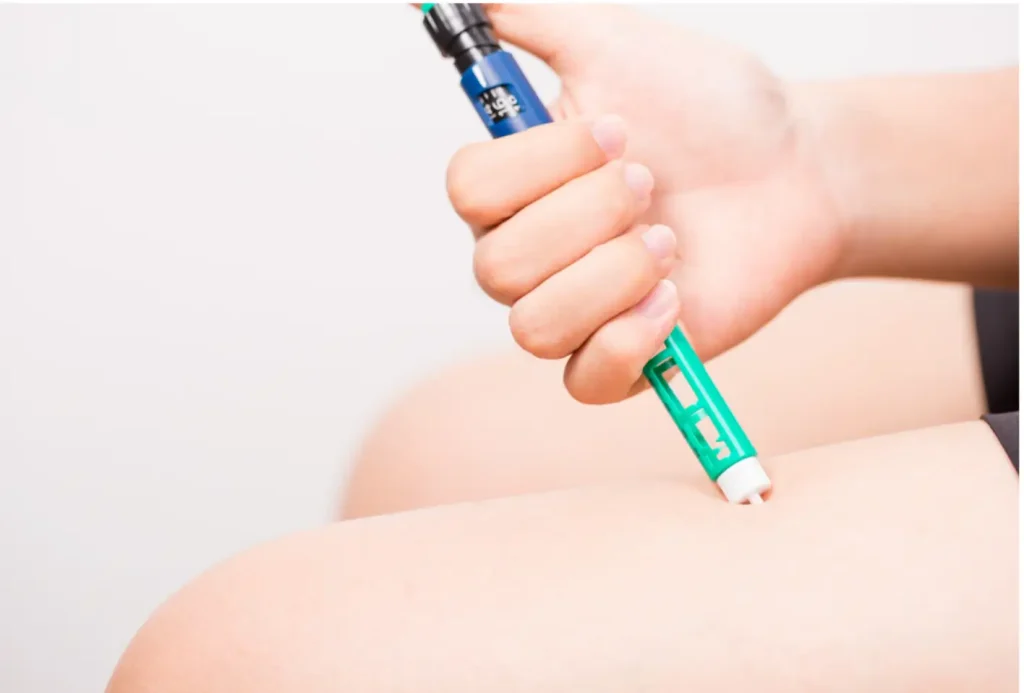A study demonstrated that the HPV vaccine effectively protects against HPV-related diseases for at least ten years after vaccination. This long-term efficacy highlights the importance of early vaccination to reduce the risk of HPV-related conditions.
Gardasil, one of the most widely used HPV vaccines, is designed to protect against multiple strains of the virus. It has been proven to provide extended immunity, making it a vital tool in HPV prevention. Understanding how long Gardasil lasts can help individuals make informed decisions about their health.
This article will explore the duration of Gardasil’s effectiveness and its implications for long-term HPV protection.
Key Takeaways
- Gardasil, a widely used HPV vaccine, provides extended immunity against multiple strains of the Human Papillomavirus (HPV), offering lasting protection.
- Clinical studies have shown that Gardasil remains effective for at least ten years. Research on the duration of protection from a 2-dose schedule of Gardasil 9 is ongoing.
- Regular Pap and HPV tests are recommended even after vaccination with Gardasil to ensure continued protection against HPV infections.
- It is essential to stay up-to-date with check-ups and keep track of the proper Gardasil ages and doses to maintain HPV protection over time.
About: Medical Spa RX provides medical practices with premium products at the best prices. If you’re looking to order Gardasil online for your practice, the sales representatives at Medical Spa RX can give you guidance.
How Long Does Gardasil Protection Last?

Research indicates that HPV vaccination provides long-lasting protection. After receiving an initial single dose of the HPV vaccine Gardasil 9, children aged 9 to 11 had high levels of two key antibodies that protect against HPV infections and cancer for up to 2 years before receiving their delayed booster dose. Additionally, studies of the bivalent and quadrivalent HPV vaccines have followed vaccinated individuals for more than 10 years, showing no evidence of protection decreasing over time.
The trial conducted in the United States demonstrated that a single dose of Gardasil 9 generates a sustained immune response up to 2 years against the two most prominent cancer-causing types of HPV—HPV16 and HPV18. This evidence contributes to our understanding of what is needed to get more people vaccinated against HPV and prevent more cancers before they start.
While the initial single dose provides significant protection, booster doses may be necessary to maintain long-term immunity. Regular vaccination schedules ensure sustained defense against HPV infections and related cancers. Clear communication between patients and professionals regarding the proper Gardasil ages and the best time to get it is vital to maximize the vaccine’s protection.
Gardasil’s Efficacy Over Time

Gardasil and its variations, including Gardasil-9, have been instrumental in fighting HPV for over a decade. They provide long-term protection essential for preventing the virus. However, the exact duration of protection from two doses of Gardasil 9 is still being studied.
Receiving the vaccine offers significant peace of mind, greatly reducing the risk of HPV infections for many years. Researchers are actively investigating whether a booster shot might be necessary in the future to extend this protection even further. The aim is to maintain Gardasil’s effectiveness in combating HPV for as long as possible.
Gardasil has demonstrated remarkable long-term effectiveness in preventing HPV infections and related diseases. Studies have shown that protection can last over a decade, with an estimated efficacy of 82% against against HPV types 16 and 18 from just one dose.
Future Research and Ongoing Studies

Scientists are actively researching the long-term immunity provided by Gardasil, particularly how long it continues to protect against HPV. While Gardasil-9 has been proven effective for at least six years, the exact duration of its protection remains under investigation.
Ongoing studies are crucial to determine whether additional booster shots may be needed in the future to maintain immunity. This research is vital, as HPV can lead to various cancers, and early prevention through vaccination is key. Despite the vaccine’s protection, regular cancer screenings remain essential for ongoing health monitoring.
Gardasil has shown impressive, long-lasting effectiveness in preventing HPV. In real-world settings, the 4-valent vaccine has been found to provide protection for up to 12 years. Additionally, the FUTURE II study demonstrated that the 4-valent vaccine remained effective for as long as 14 years.
Recommendations for Maintaining Protection
Going for regular Pap and HPV tests is critical, even if you got the Gardasil shot. These tests find problems early. They can stop destructive health issues before they start. The shot does not fight all harmful HPV types.
Talk to your doctor about your shots and checks. They know what’s best for you, and this talk helps prevent future illness. Your doctor will guide you on when to get tested or if you need another shot based on new information about Gardasil’s power over time.
Boosters help fight off virus strains that are missed by the first shots. They make sure your immune system stays strong against HPV. Also, they keep you safe if you face new or different HPV types later on.
Conclusion
Gardasil has worked well for many years. Studies show it stays effective for over ten years and even longer with Gardasil-9. People might need extra shots to keep protection strong.
Doctors are studying how long the vaccine lasts and if these boosters are needed. So, keeping up with check-ups and news on Gardasil will help everyone stay protected against HPV.
FAQs
1. What exactly is Gardasil?
Gardasil is a vaccine designed to protect against certain strains of the Human Papillomavirus (HPV). It’s used widely in preventative health measures.
2. How does Gardasil work?
The vaccine works by stimulating your body’s immune system. Once administered, it helps your body develop immunity to specific HPV strains.
3. For how long does the protection from Gardasil last?
Studies suggest that Gardasil’s protection lasts for at least ten years, but more research is ongoing.
4. Are there any side effects associated with the use of Gardasil?
Like other vaccines, some individuals might experience mild side effects such as pain or swelling at the injection site, fever, or headache. But these are temporary and usually subside within a few days.
References
Kjaer, S. K., Nygård, M., Sundström, K., Dillner, J., Tryggvadottir, L., Munk, C., Berger, S., Enerly, E., Hortlund, M., Ágústsson, Á. I., Bjelkenkrantz, K., Fridrich, K., Guðmundsdóttir, I., Sørbye, S. W., Bautista, O., Group, T., Luxembourg, A., Marshall, J. B., Radley, D., Yang, Y. S., … Saah, A. (2020). Final analysis of a 14-year long-term follow-up study of the effectiveness and immunogenicity of the quadrivalent human papillomavirus vaccine in women from four nordic countries. EClinicalMedicine, 23, 100401. https://doi.org/10.1016/j.eclinm.2020.100401
Kurosawa, M., Sekine, M., Yamaguchi, M., Kudo, R., Hanley, S. J. B., Hara, M., Adachi, S., Ueda, Y., Miyagi, E., Ikeda, S., Yagi, A., & Enomoto, T. (2022). Long-Term Effects of Human Papillomavirus Vaccination in Clinical Trials and Real-World Data: A Systematic Review. Vaccines, 10(2), 256. https://doi.org/10.3390/vaccines10020256
Charde, S. H., & Warbhe, R. A. (2022). Human Papillomavirus Prevention by Vaccination: A Review Article. Cureus, 14(10), e30037. https://doi.org/10.7759/cureus.30037

